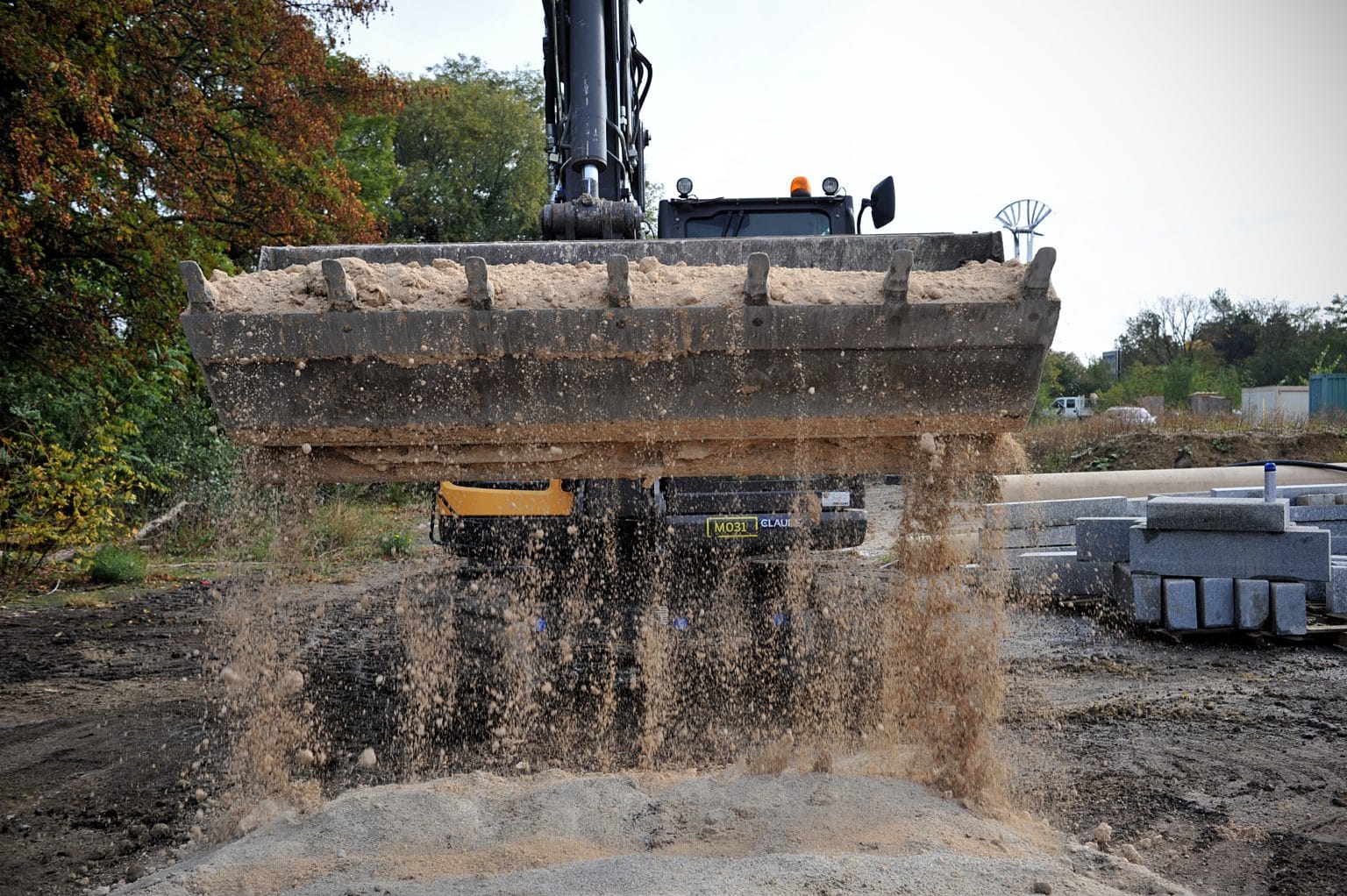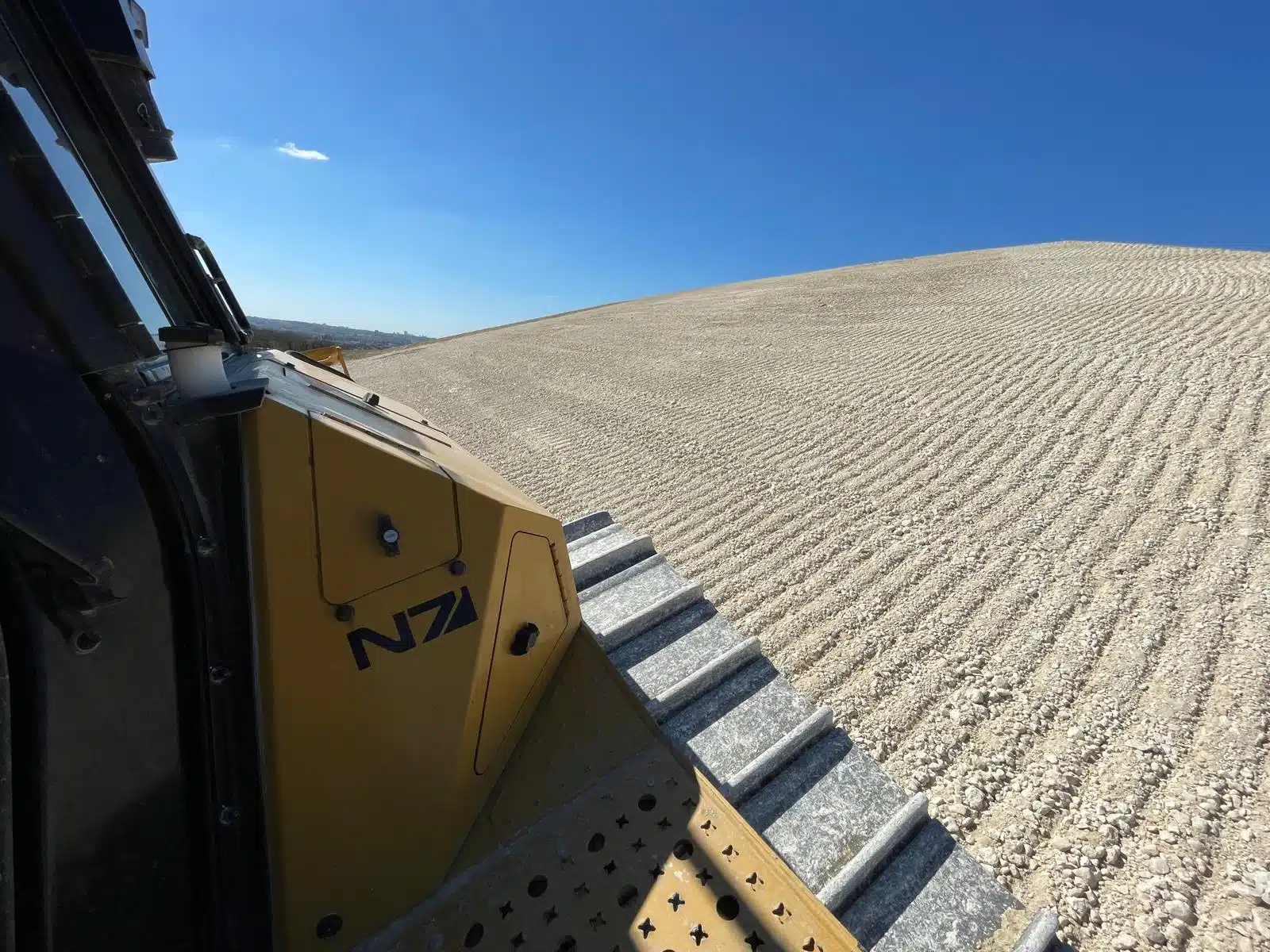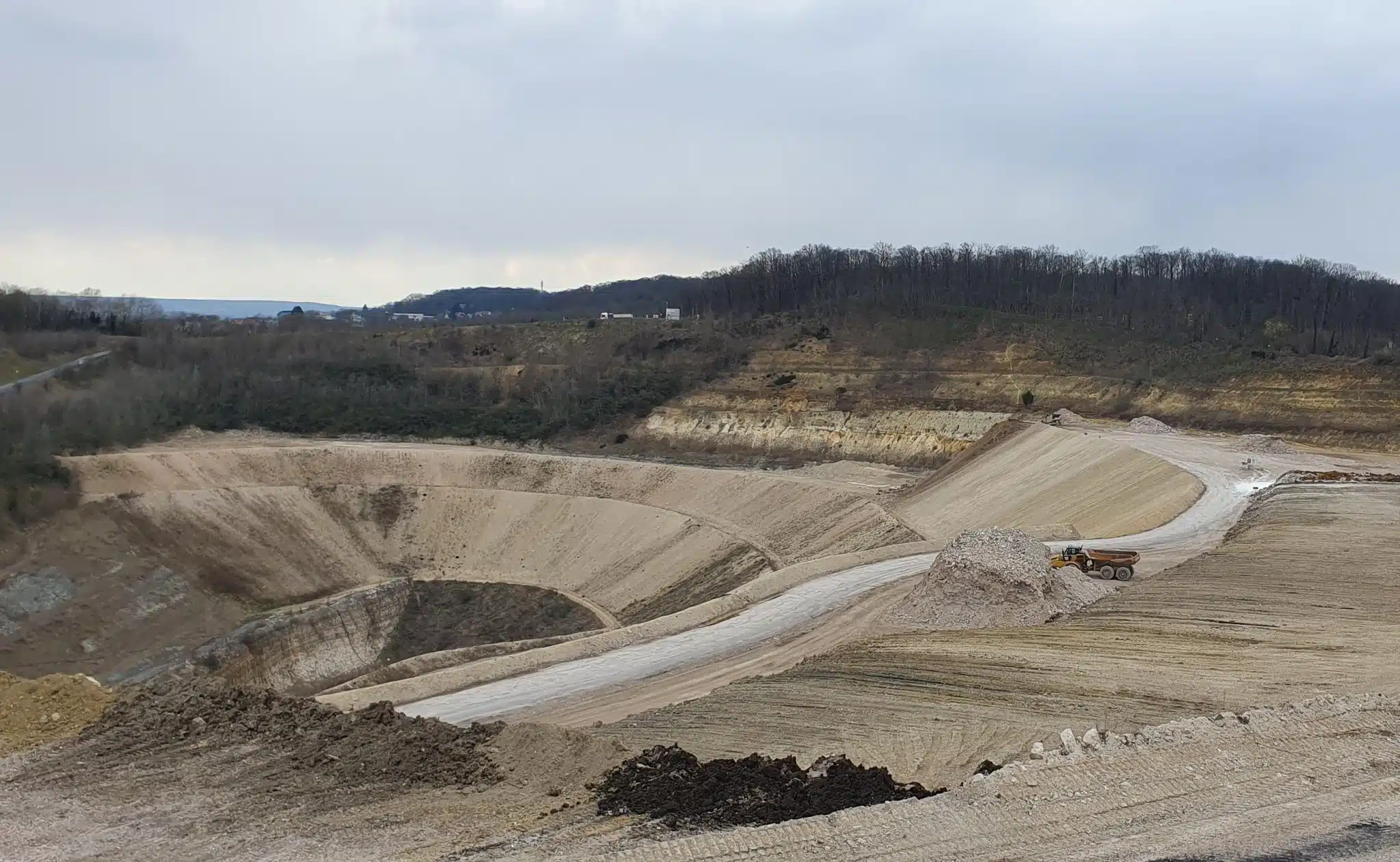November 4, 2020 – On the Lil’Ô site on L’Île-Saint-Denis (93), “Les Faiseurs de terre”, a consortium comprising Halage, Neo-Eco and ECT, has deployed its fertile substrate demonstrator.
The aim of this pooling of skills and resources is to validate the manufacturing process for a fertile substrate made entirely from recycled products: inert soil, crushed concrete and green waste compost. The conviction of “Faiseurs de Terres” is that this fertile, recycled, local and solidarity-based substrate should become the basis for the greening of territories, and a vector for the development of training and employment.
This demonstrator, financed by Plaine Commune and “Les Faiseurs de Terre”, is the result of 2 distinct initiatives: Plaine Commune’s very constructive consultations and reflections on urban metabolism, and more specific exchanges between the 3 members of the group on technosols.
The aim of this initiative is to experiment with, test and approve the conditions and methods for producing a fertile, standardized substrate that can be used in a variety of ways to create green and natural spaces. To achieve this, a technical and scientific framework was created to steer the experiment.
As an integral part of this project, the “Faiseurs de terres” (“Earthmakers”) training course is a qualification program for people on social integration schemes, focusing on the use and manufacture of growing media. This training is fully associated with the demonstrator and constitutes its human resource.
This demonstrator is part of a circular economy approach to materials and urban greening. The fertile substrate produced by “Les Faiseurs de terre” is made entirely from recycled materials: earth and crushed concrete come from urban construction sites, while green compost is produced from urban plant waste. The demonstrator also intends to formalize full product traceability, from waste producer to reuse site.
Finally, through this experiment, “Faiseurs de terres” aims to demonstrate the capacity of the urban metabolism of the Ile-de-France region to produce local vegetation support for large and small projects. And in so doing, we’ve given ourselves the means to limit the environmental aberration of importing massive quantities of topsoil,
On the IlÔ site, at the end of October, design and manufacture of windrows for the experiment.
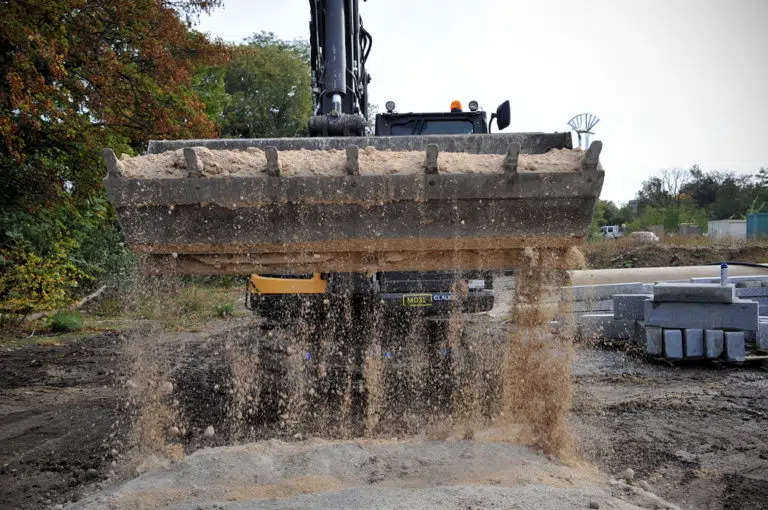
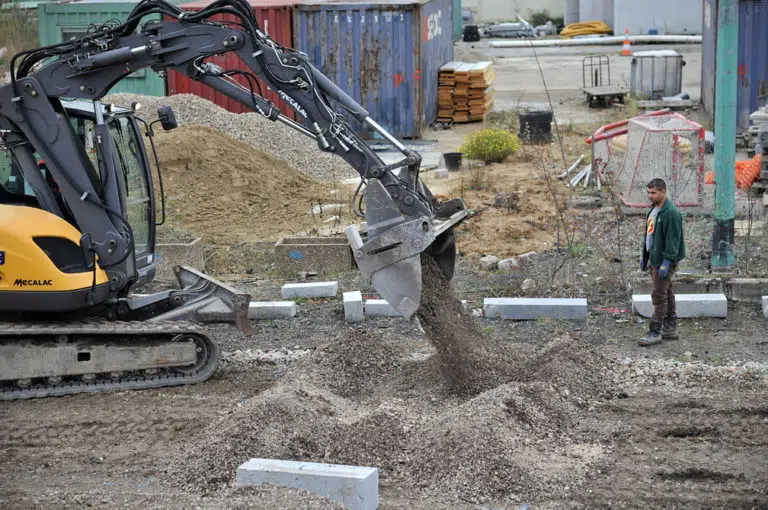
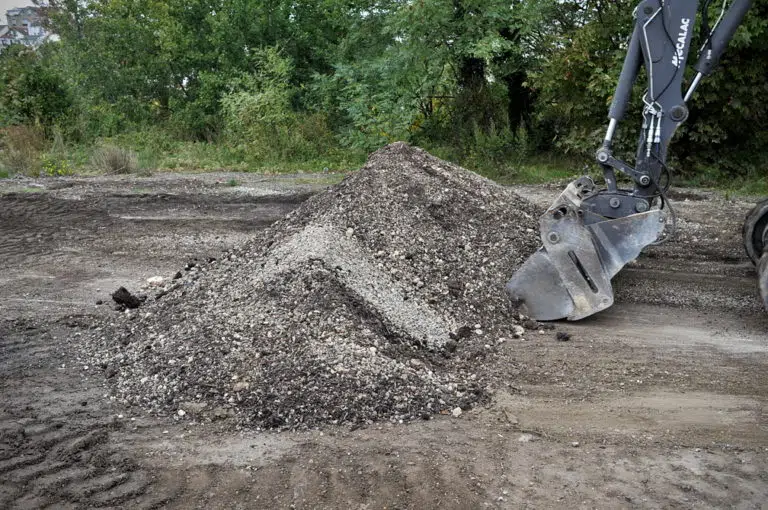
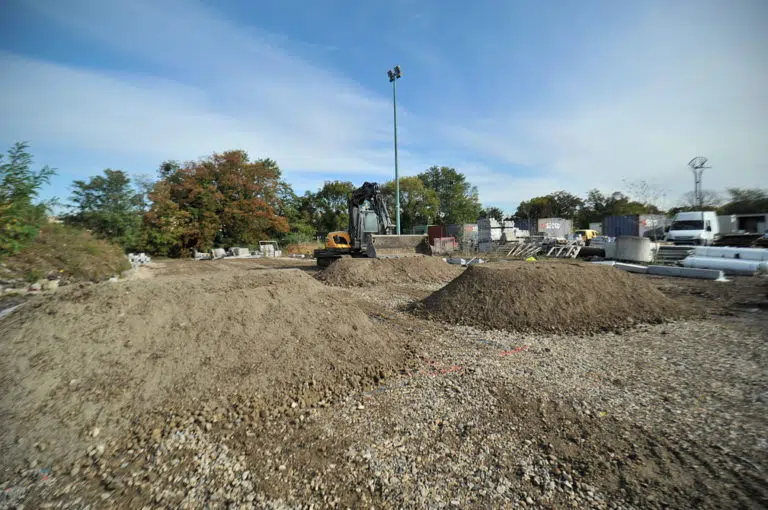
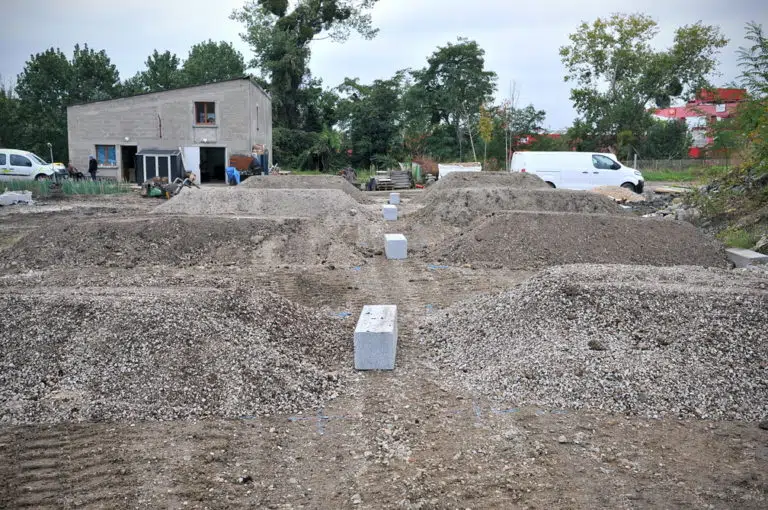
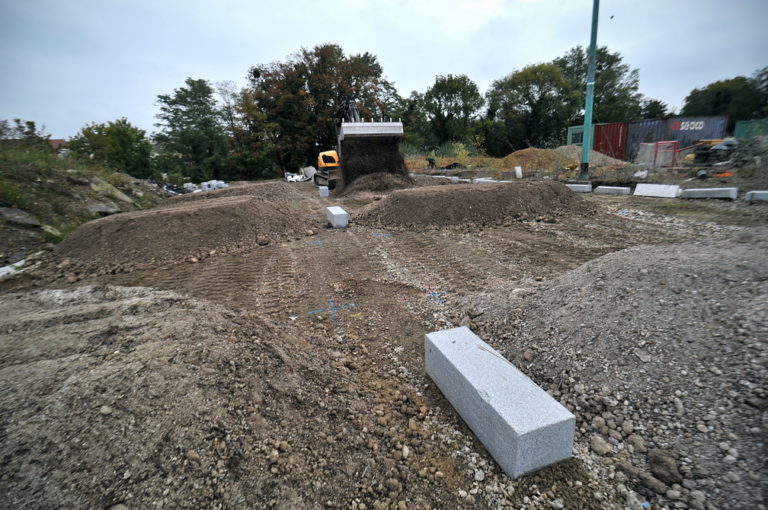
About the 3 members of the "FAISEURS DE TERRES" group

Neo-Eco
Neo-Eco was created to develop the circular economy, which holds out the promise that, if we live sensibly and manage our resources intelligently, we can minimize our impact on the planet without sacrificing our comfort and pleasure. Neo-Eco is a close-knit, passionate team working towards a common goal: a world without waste!
Our expertise covers all solid waste materials, with a historically high level of investment in research and development. We are at the cutting edge of mineral waste recovery in the following areas:
- Innovative Deconstruction-Reconstruction: Our methodology makes it possible to go well beyond the national target of 70% recovery of deconstruction products, and creates economic value far superior to conventional recovery channels.
Soil and spoil: Depending on their potential, materials are prepared and transformed into eco-materials for recycling in the construction and landscaping industries (topsoil, compost, dikes, etc.). - Dredging sediments, sludge and incineration ash: With more than twenty recovery processes developed, we offer practical solutions for players such as Voies Navigables de France, HAROPA, the Ports of Dunkirk and Toulon Méditerranée.
Syctom in Paris, etc. - Circular economy consulting and development of innovative eco-materials: We co-design circular economy strategies with local authorities and their partners, enabling the development of innovative, sustainable recycling channels (Est Ensemble, Plaine Commune, Métropole Européennes de Lille, Rouen métropole, etc.).
Halage
Halage, an association under the law of 1901 and a public-interest “Structure d’Insertion par l’Activité Economique” (economic integration structure), was founded in 1994 on the initiative of citizens of L’Île-Saint-Denis (93). It seeks to meet the multiple needs of the population in the areas where it operates (75, 92, 93, 95), with the intuition that the social and professional inclusion of people in extremely precarious situations and the improvement of the living environment can be brought together in a common project.
Today, Halage (120 employees, 85 of whom are on integration programs) runs a range of programs (integration workshops, training courses leading to qualifications and certification, awareness-raising initiatives, scientific research) in a variety of fields: green and natural spaces, horticulture, fertile substrates, urban agriculture, mediation of polluted and sterile soils, transitional urban planning, cultivation, industrial composting (with SAS Les Alchimistes, co-founded by Halage).
“Doing things collectively and being a showcase for the local flower industry”: in 2018, the Lil’Ô project
(Laboratoire Ilien de la Matière Organique) has set up shop on a 3.6-hectare industrial site purchased by the Seine-Saint-Denis département, with a view to renaturating a polluted and sterile urban context, and opening it to the public as part of the extension of the adjoining département park.
ECT
ECT’s growth is part of a circular economy strategy: reusing inert soil from construction sites in the Paris region to work with local authorities on concerted, sustainable development projects.
To structure this dynamic, ECT has developed various areas of expertise: an “Excavated Soil Management” division to meet the environmental engineering and traceability needs of the public works sector and the Grand Paris Express, and a “Development Design and Implementation” division to offer local authorities useful projects based on the reclamation of excavated soil. A division in charge of site operation and development rounds out the company’s range of core businesses.
Key figures : Founded in 1997 | 190 employees | Some 15 sites in operation in the Paris region | 13 million tonnes of excavated materials processed annually | Between 10,000 and 30,000 trees planted per year.
